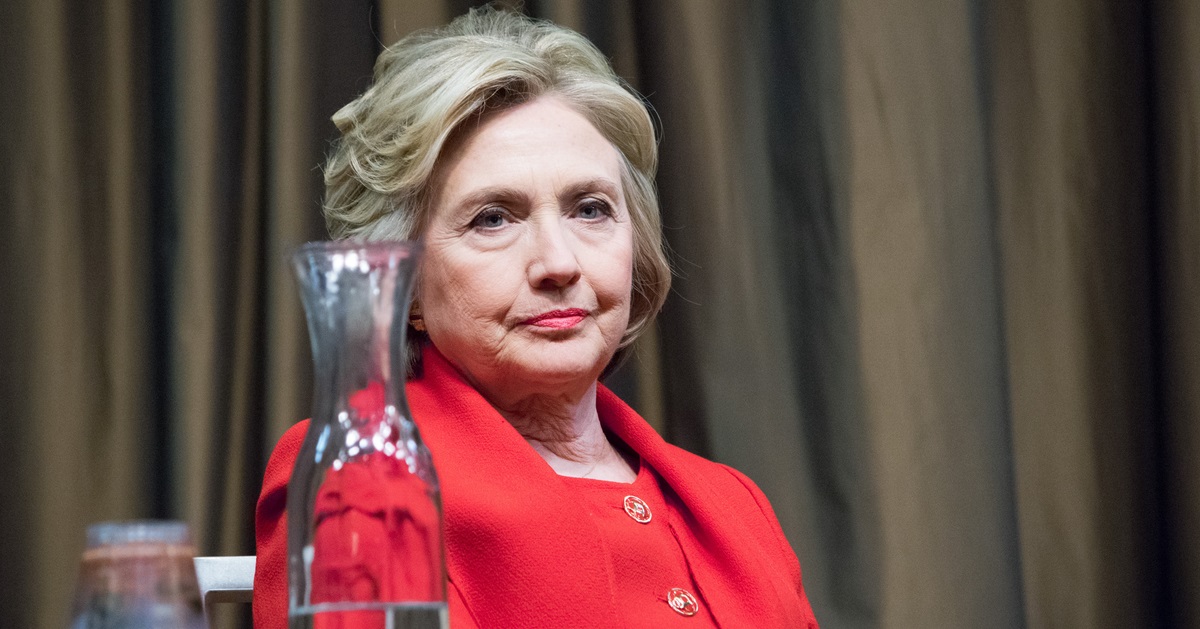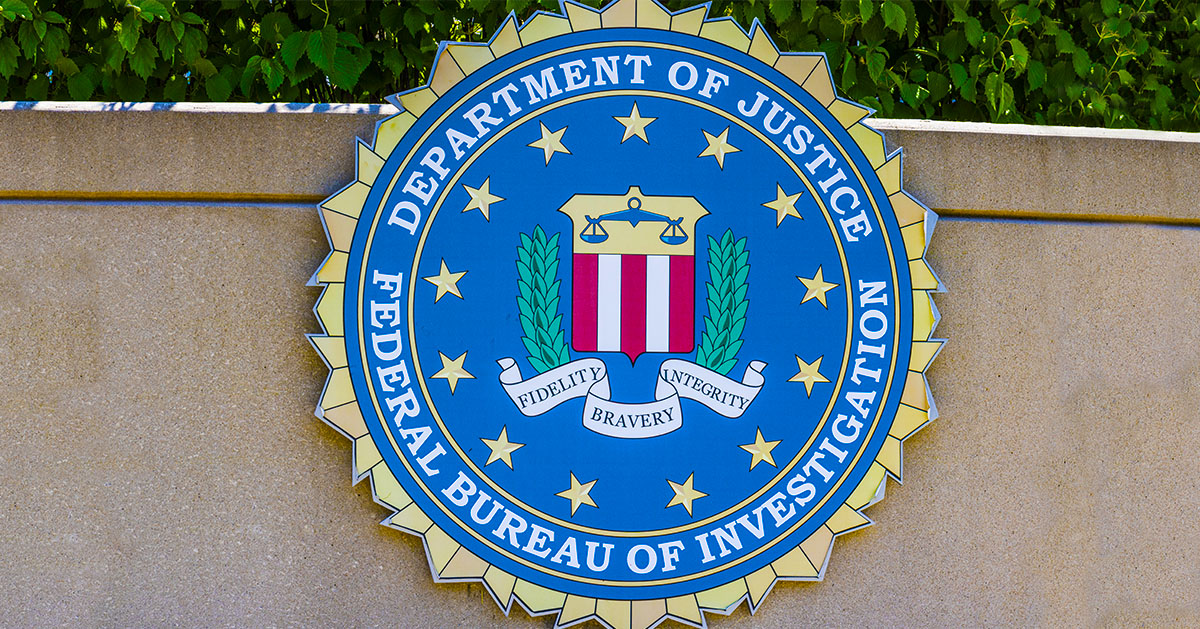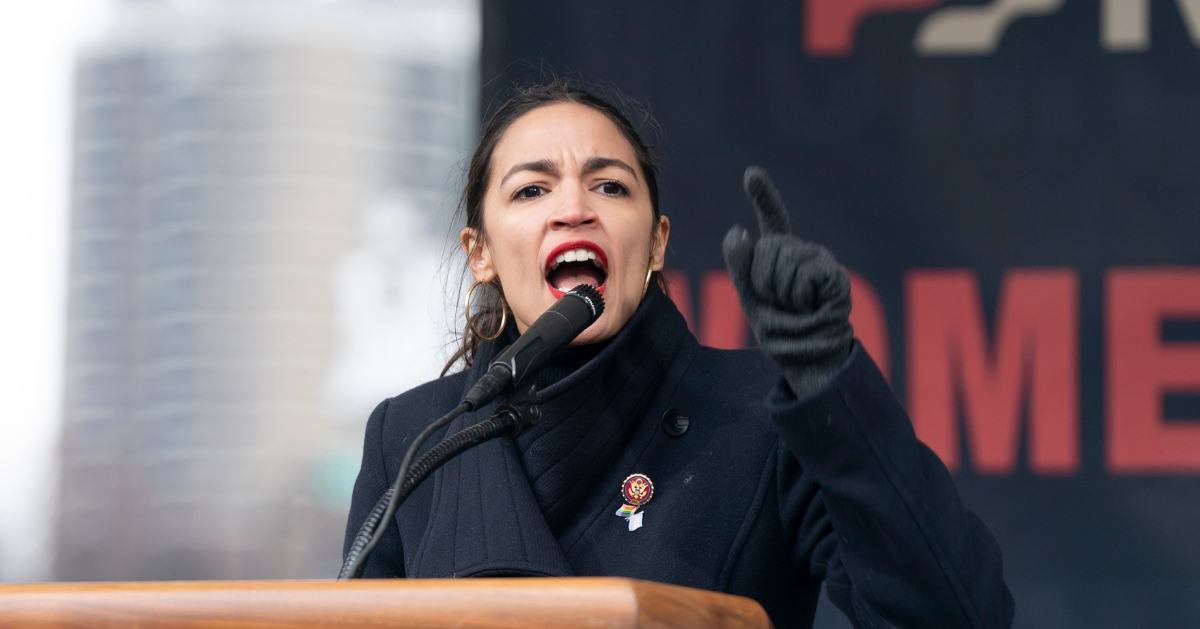Supreme Court rules 6-3 in favor of Biden admin in social media censorship case
In a lawsuit filed by two states and several individuals, President Joe Biden's administration and White House were accused of repeatedly coercing and threatening social media platforms to engage in censorship of so-called "misinformation" and disfavored viewpoints on the COVID-19 pandemic, the 2020 election, and other issues.
That case reached the Supreme Court this year and, in a clear win for Biden, a 6-3 majority reversed the lower courts' rulings against the administration, Fox News reported.
The court's majority largely dodged the overt First Amendment issue and instead ruled that the individuals and states lacked the proper standing to bring the lawsuit in the first place.
Majority avoids clear controversy over determination of lack of standing
According to SCOTUSblog, the Republican-led states of Louisiana and Missouri joined with seven individuals, including doctors and journalists, to sue the Biden administration over claims that they were censored on social media at the urging of certain federal officials in various government agencies and the White House.
A district court in Louisiana sided with the plaintiffs and issued an injunction that prohibited the federal government from "coercing" or "significantly encouraging" social media platforms to engage in censorship of "misinformation" and disfavored viewpoints on its behalf. That ruling and the injunction were largely upheld by the 5th Circuit Court of Appeals, albeit narrowed to an extent, which prompted the Biden administration to appeal the matter to the Supreme Court, which placed the lower court rulings on hold while it considered the case.
Writing for the majority in Murthy v. Missouri, Justice Amy Coney Barrett said the 5th Circuit "was wrong" to uphold the district court's "sweeping
preliminary injunction" because of a lack of proper standing for any of the plaintiffs.
The jurist argued at length that the plaintiffs were unable to directly link the censorship they experienced on social media platforms to pressure exerted by the Biden administration, since the platforms sometimes moderated content on their own accord, and further argued that even if they could link the prior censorship to the government, they had failed to prove that they still faced an imminent threat of continued and future violations of their rights.
"The plaintiffs, without any concrete link between their injuries and the defendants’ conduct, ask us to conduct a review of the years-long communications between dozens of federal officials, across different agencies, with different social-media platforms, about different topics," Barrett concluded. "This Court’s standing doctrine prevents us from 'exercis[ing such] general legal oversight' of the other branches of Government. We therefore reverse the judgment of the Fifth Circuit and remand the case for further proceedings consistent with this opinion."
Among the "most important free speech cases to reach this Court in years"
In a fiery dissent, Justice Samuel Alito, joined by Justices Clarence Thomas and Neil Gorsuch, wrote, "This case involves what the District Court termed 'a far-reaching and widespread censorship campaign' conducted by high-ranking federal officials against Americans who expressed certain disfavored views about COVID–19 on social media."
"If the lower courts’ assessment of the voluminous record is correct, this is one of the most important free speech cases to reach this Court in years," he said. "Freedom of speech serves many valuable purposes, but its most important role is protection of speech that is essential to democratic self-government, and speech that advances humanity’s store of knowledge, thought, and expression in fields such as science, medicine, history, the social sciences, philosophy, and the arts," in which the COVID-19 pandemic "falls squarely."
"I assume that a fair portion of what social media users had to say about COVID–19 and the pandemic was of little lasting value," Alito acknowledged. "Some was undoubtedly untrue or misleading, and some may have been downright dangerous. But we now know that valuable speech was also suppressed. That is what inevitably happens when entry to the marketplace of ideas is restricted."
The court's majority "shirks" its duty to defend free speech
"These past and threatened future injuries were caused by and traceable to censorship that the officials coerced, and the injunctive relief [plaintiff] sought was an available and suitable remedy. This evidence was more than sufficient to establish [plaintiff]’s standing to sue and consequently, we are obligated to tackle the free speech issue that the case presents," he wrote.
"The Court, however, shirks that duty and thus permits the successful campaign of coercion in this case to stand as an attractive model for future officials who want to control what the people say, hear, and think," Alito observed.
The justice ultimately concluded, "For months, high-ranking Government officials placed unrelenting pressure on Facebook to suppress Americans’ free speech. Because the Court unjustifiably refuses to address this serious threat to the First Amendment, I respectfully dissent."






